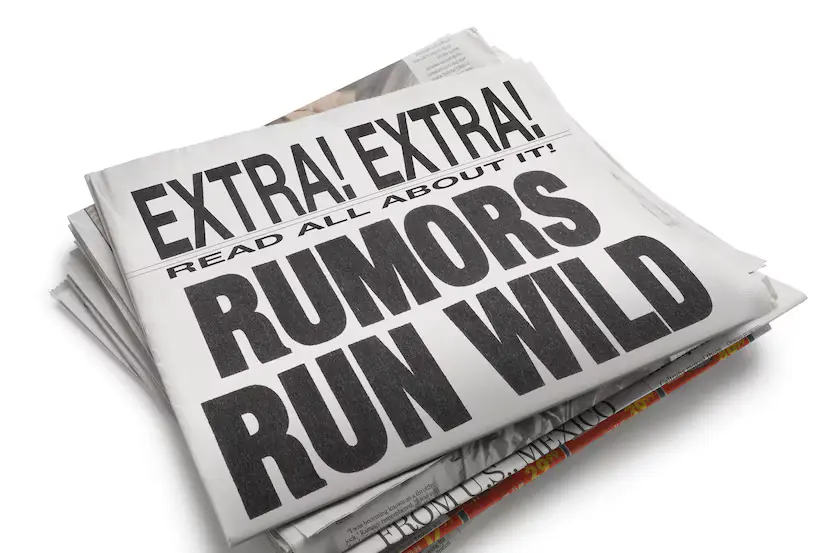Lies That Divide: When False Info Turns Dangerous

Today, we’re diving into the real-world impact of misinformation on social media, particularly Facebook. How did a made-up story lead someone to bring a gun into a pizza shop? What really fueled the Capitol riot? We explore the thin line between lies online and violence offline.
It’s tempting to scroll past a conspiracy theory or laugh off a wild comment section. But misinformation isn’t always harmless — sometimes, it gets people hurt. And when enough people believe a false idea, it can lead to real-world chaos.
From Harmless to Harmful
Take the story of “Pizzagate.” Back in 2016, an online rumor claimed that a Washington, D.C. pizza shop was hiding a secret child trafficking ring connected to politicians. Sounds ridiculous, right?
Well, one man believed it. He drove across state lines with a gun and stormed the restaurant to “save the kids.” Luckily, no one was hurt. But it showed just how fast fiction can become a threat.
And that’s just one story.
January 6th: The Boiling Point
Perhaps the clearest example of misinformation turning dangerous was the Capitol riot on January 6, 2021. Thousands of people — many convinced the election was “stolen” — stormed the U.S. Capitol. They broke windows, clashed with police, and put lawmakers in danger.
That belief didn’t come out of nowhere. It was fueled for weeks by false claims online and by public figures who repeated them without evidence. People acted on lies, and the result was violence.
How It Spreads
Misinformation often plays into fear and frustration. It gives people someone to blame: immigrants, the media, politicians, scientists — whoever fits the story. And in a world full of stress and uncertainty, people cling to easy answers, even if they’re wrong.
Social media doesn’t help. Algorithms push emotional content to the top, whether it’s true or not. And once someone’s in a conspiracy bubble, every new piece of info just confirms what they already believe.
Real People Get Hurt
Let’s not forget the personal toll. Misinformation has led to:
-
Vaccine hesitancy that cost lives
-
Increased hate crimes against Asian Americans
-
Distrust in elections that tears communities apart
This isn’t about “those people over there.” It’s affecting us — our neighbors, our families, our friends.
What Can We Do?
We can’t stop every lie, but we can call them out, especially when they threaten real people. Share truth, ask questions, and push back against the idea that facts are optional. It matters — more than we sometimes realize.
- Art
- Business
- Causes
- Crafts
- Community
- Dance
- Drinks
- التعليم
- Fashion
- Film
- Fitness
- Food
- الألعاب
- Gardening
- Health
- الرئيسية
- LGBTQ+ News
- Literature
- Music
- News
- Nature
- Networking
- Oddities
- أخرى
- Party
- Politics
- Religion
- Science
- Shopping
- Sports
- Theater
- Wellness



